Description
Mosli Siah at sknatural is Curculigo orchioides Gaertn. It belongs to family “Amaryllidaceae”. It is warm and dry in second order/warm in first order dry in second with acquired moistness (Kabiruddin). Generally, people use its roots. The plant typically measures 15-45cm long, with a sheathing leaf base crowded at the top of the rootstock, often producing adventitious buds at the tip upon contact with soil. The inflorescence emerges almost at ground level, with yellow flowers. The first 1-2 flowers are bisexual, while the rest are male.
The rhizome of Mosli siah contains a diverse range of bioactive compounds, including saponins, sapogenins, phenolic glycosides, tri-terpene alcohol, pentacyclic triterpenes, aliphatic compounds like hentriacontanol, as well as sitosterol, stigmasterol, cycloartenol, and sucrose. Additionally, compounds isolated from its fruit, such as peptides, curculin, and 114 amino acids, contribute to its significant therapeutic and medicinal properties.
Other names:
Arabic Name(s): Musli Aswad
Urdu Name(s): Sujah Musli, Kali Musli
English Name(s): Curculigo
Pharmacological actions:
Slightly bitter aromatic tonic, demulcent, avoricious- aphrodisiac, viscous, diuretic, restorative, alterative, fattening, useful in leucorrhoea and other menstrual derangements.
Medicinal uses:
Taking the tuberous roots of Curculigo as a powder with sugar and milk in the form of thick mucilage, they act as a demulcent, alterative, and fattening tonic, particularly effective in treating leucorrhoea, seminal weakness (caused by nocturnal pollution or premature ejaculation and spermatorrhoea), and in convalescence after acute illness. These roots also feature in several compound formulations prescribed as voracious aphrodisiacs and tonics. They effectively treat micturition, rheumatism, and gout, aiding in the formation of semen and rendering it more viscous.
When combined with diuretics and gums in milk, they treat leucorrhoea, menorrhagia, dysuria, and gonorrhoea. Additionally, they serve as demulcents, alteratives, and restorative tonics administered in piles, asthma, jaundice, diarrhoea, and colic. Due to their diuretic and viscous aphrodisiac properties, preparations for general and nervous debility include them. However, it’s important to note that large doses or prolonged use may lead to resistance in the digestive process and abnormal increase in the viscosity of humors.
Recommended dosage:
6 g. 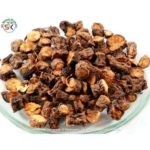
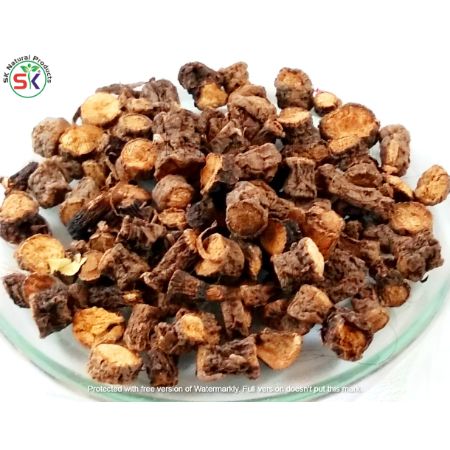
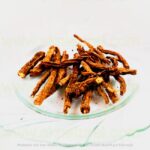
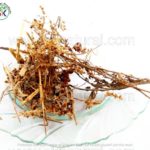
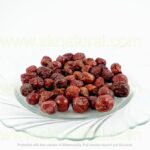
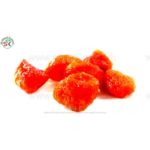

Reviews
There are no reviews yet.